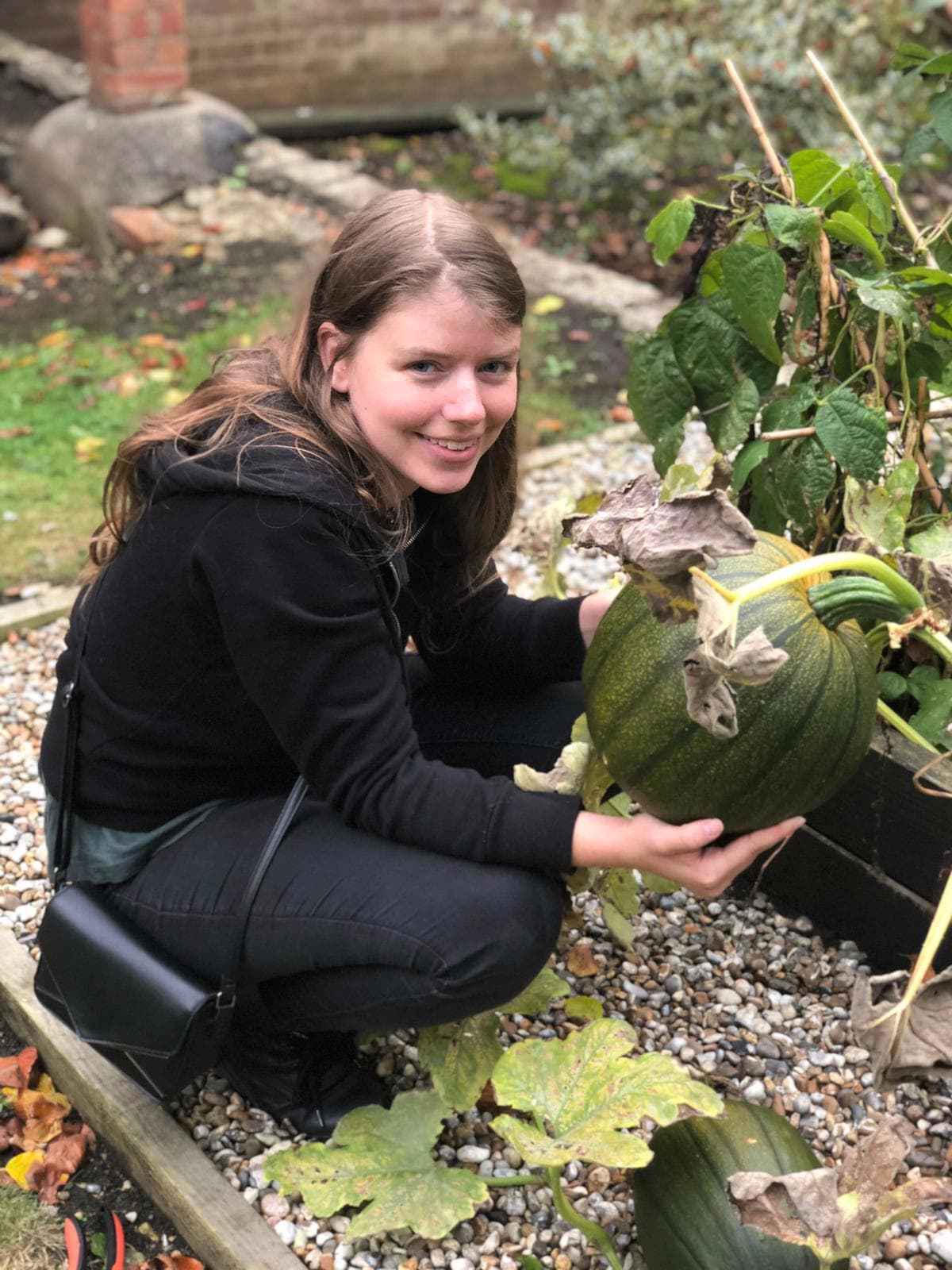I am a DPhil (PhD) candidate working as part of the Calleva
project. Although I currently work within the Anthropology department,
I have worked in different fields as well and consider myself a
behavioural scientist. I hold a BA in Psychology and an MSc in
Behavioural Science from Radboud University, where I worked with
Dr. Willem Frankenhuis.
I am interested in how human social groups affect social behaviour. I
am working on several meta-analyses related to this topic in order to
see what we can learn from all the studies already out there. I think
it is important to integrate knowledge from various disciplines, and I
enjoy working with a group of people from many different backgrounds,
like Anthrologue. I value open and reproducible research practices,
and I enjoy talking to other researchers about ways to integrate these
practices into their projects.
selected publications
For a full list of publications, see
-
Hidden talents in harsh conditions? A preregistered study of
memory and reasoning about social dominance
Frankenhuis, W.,
de Vries, S.,
Bianchi, J.,
and Ellis, B.
Developmental Science
2020
journal
abstract
bib
Although growing up in stressful conditions can
undermine mental abilities, people in harsh
environments may develop intact, or even enhanced,
social and cognitive abilities for solving problems
in high‐adversity contexts (i.e. ‘hidden
talents’). We examine whether childhood and current
exposure to violence are associated with memory
(number of learning rounds needed to memorize
relations between items) and reasoning performance
(accuracy in deducing a novel relation) on
transitive inference tasks involving both
violence‐relevant and violence‐neutral social
information (social dominance vs. chronological
age). We hypothesized that individuals who had more
exposure to violence would perform better than
individuals with less exposure on the social
dominance task. We tested this hypothesis in a
preregistered study in 100 Dutch college students
and 99 Dutch community participants. We found that
more exposure to violence was associated with lower
overall memory performance, but not with reasoning
performance. However, the main effects of current
(but not childhood) exposure to violence on memory
were qualified by significant interaction
effects. More current exposure to neighborhood
violence was associated with worse memory for age
relations, but not with memory for dominance
relations. By contrast, more current personal
involvement in violence was associated with better
memory for dominance relations, but not with memory
for age relations. These results suggest incomplete
transfer of learning and memory abilities across
contents. This pattern of results, which supports a
combination of deficits and ‘hidden talents,’ is
striking in relation to the broader developmental
literature, which has nearly exclusively reported
deficits in people from harsh conditions. A video
abstract of this article can be viewed at:
https://youtu.be/e4ePmSzZsuc.
@article{Frankenhuis-et-al_2020,
title = {Hidden talents in harsh conditions? A preregistered study of
memory and reasoning about social dominance},
author = {Frankenhuis, Willem E and {de Vries}, Sarah A and Bianchi, JeanMarie and Ellis, Bruce J},
journal = {Developmental Science},
volume = {23},
number = {4},
pages = {e12835},
year = {2020},
doi = {10.1111/desc.12835},
url = {https://doi.org/10.1111/desc.12835},
abbr = {personal}
}
-
Does exposure to psychosocial adversity enhance deception
detection ability?
Frankenhuis, W.,
Roelofs, M.,
and de Vries, S.
Evolutionary Behavioral Sciences
2018
journal
abstract
bib
People who grow up under stressful conditions tend to
score lower on conventional assessments of cognitive
abilities. They might, however, develop enhanced
mental skills and abilities for solving problems
that are more ecologically relevant to them. We
present 2 studies examining whether psychosocial
adversity (i.e., exposure to neighborhood violence
and to harsh parenting) enhances the ability to
detect deception. Our results, based on Signal
Detection and Bayesian analyses, are mixed. In Study
1, we find no support for our hypothesis that
exposure to psychosocial adversity enhances
deception detection ability. In Study 2, we do find
that only harsher parenting predicts greater
accuracy. This evidence is either weak or strong,
depending on whether we compare our hypothesis to
the null hypothesis or an impairment model,
respectively. In both studies, we find no
relationship between neighborhood violence and
accuracy. Although the implications of our findings
are modest, we hope they will encourage future
research focused on the skills and abilities of
people who develop in harsh environments.
@article{Frankenhuis-et-al_2018,
title = {Does exposure to psychosocial adversity enhance deception
detection ability?},
author = {Frankenhuis, Willem E and Roelofs, Marieke FA and {de Vries}, Sarah A},
journal = {Evolutionary Behavioral Sciences},
volume = {12},
number = {3},
pages = {218--229},
year = {2018},
doi = {10.1037/ebs0000103},
url = {https://doi.org/10.1037/ebs0000103},
abbr = {personal}
}
